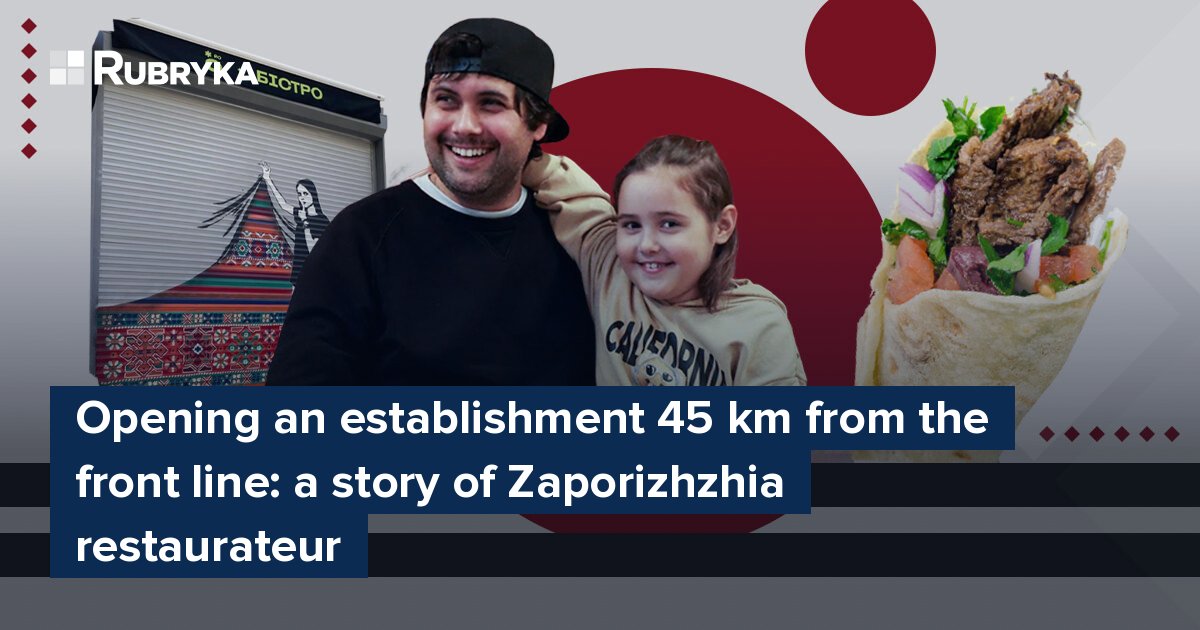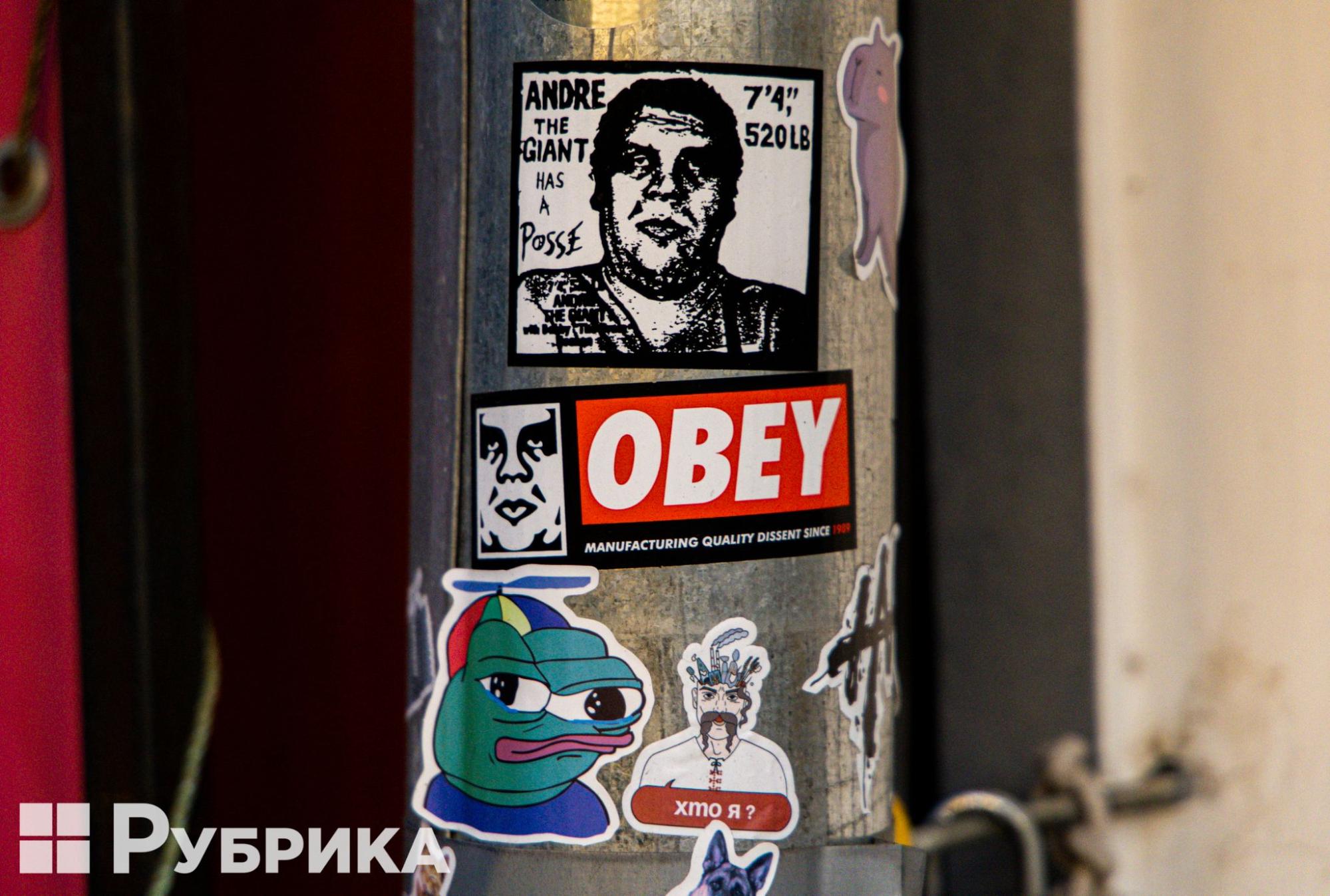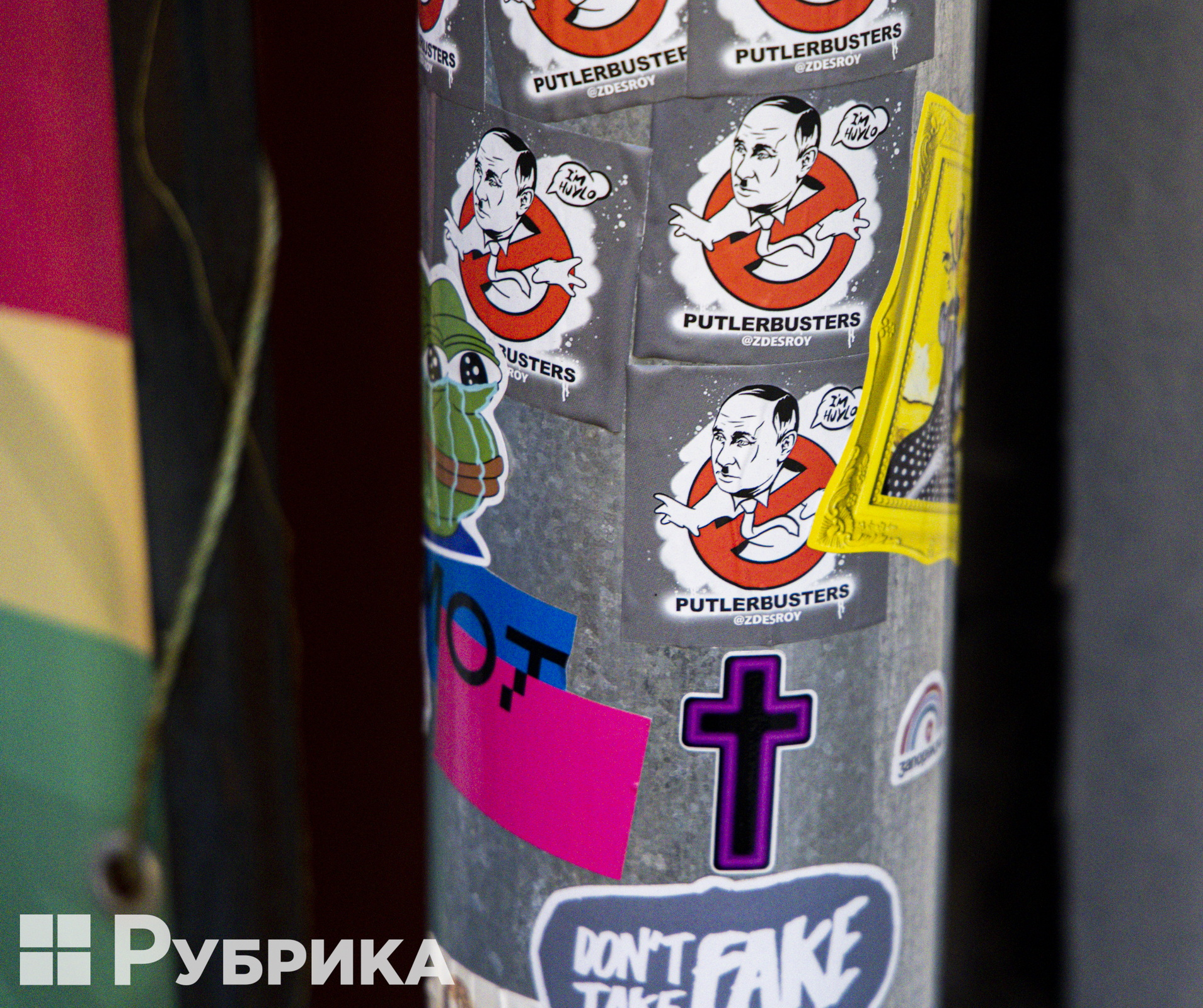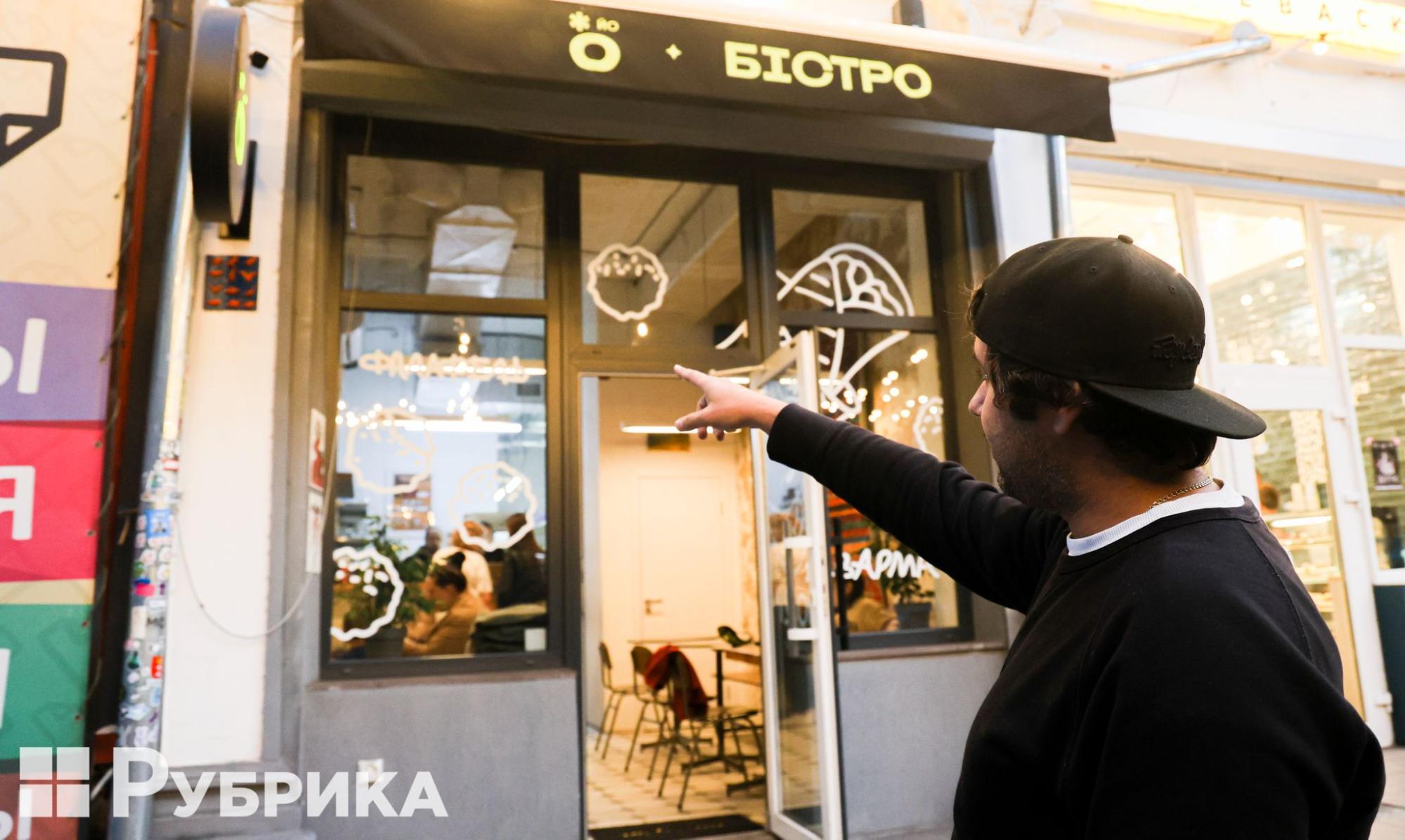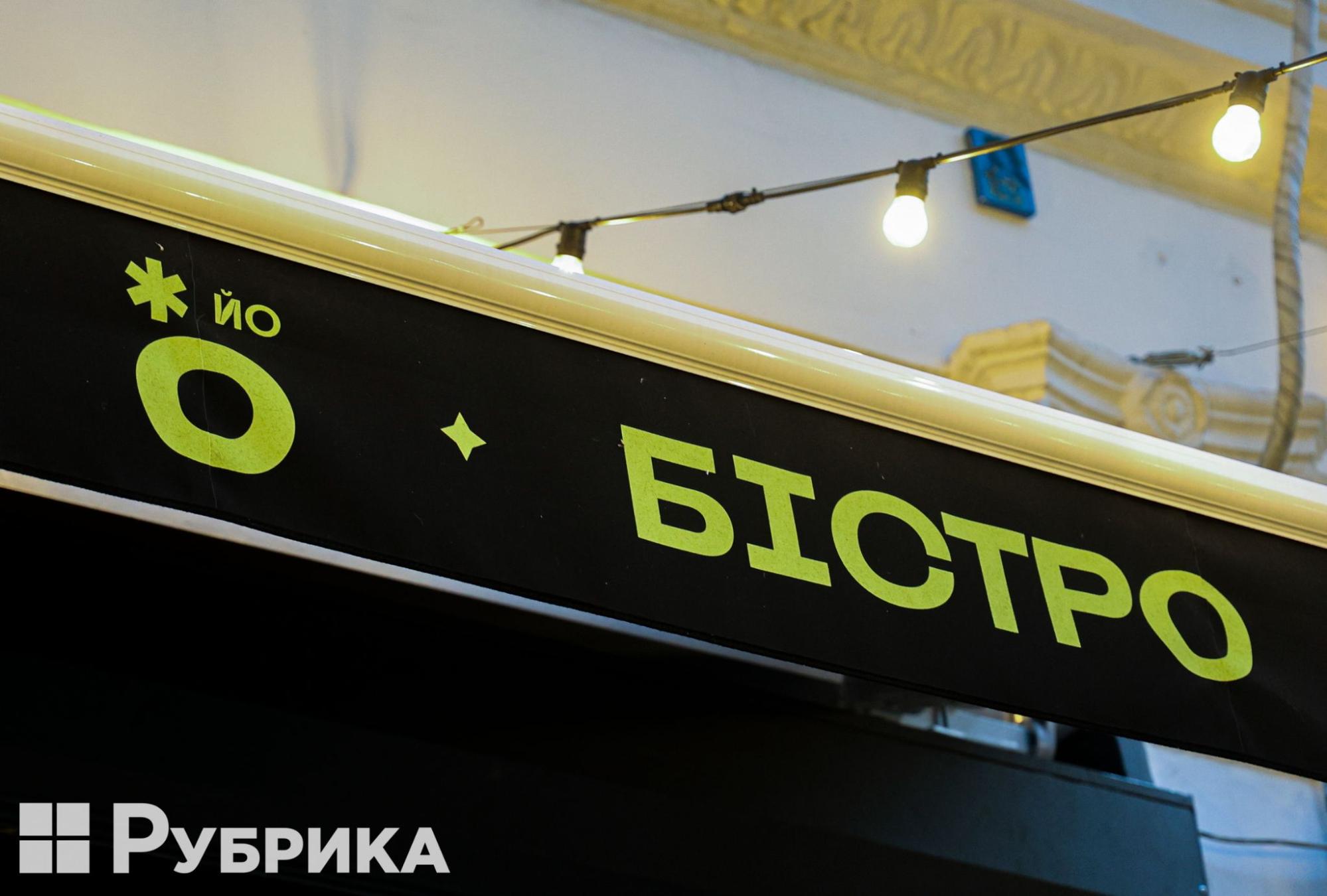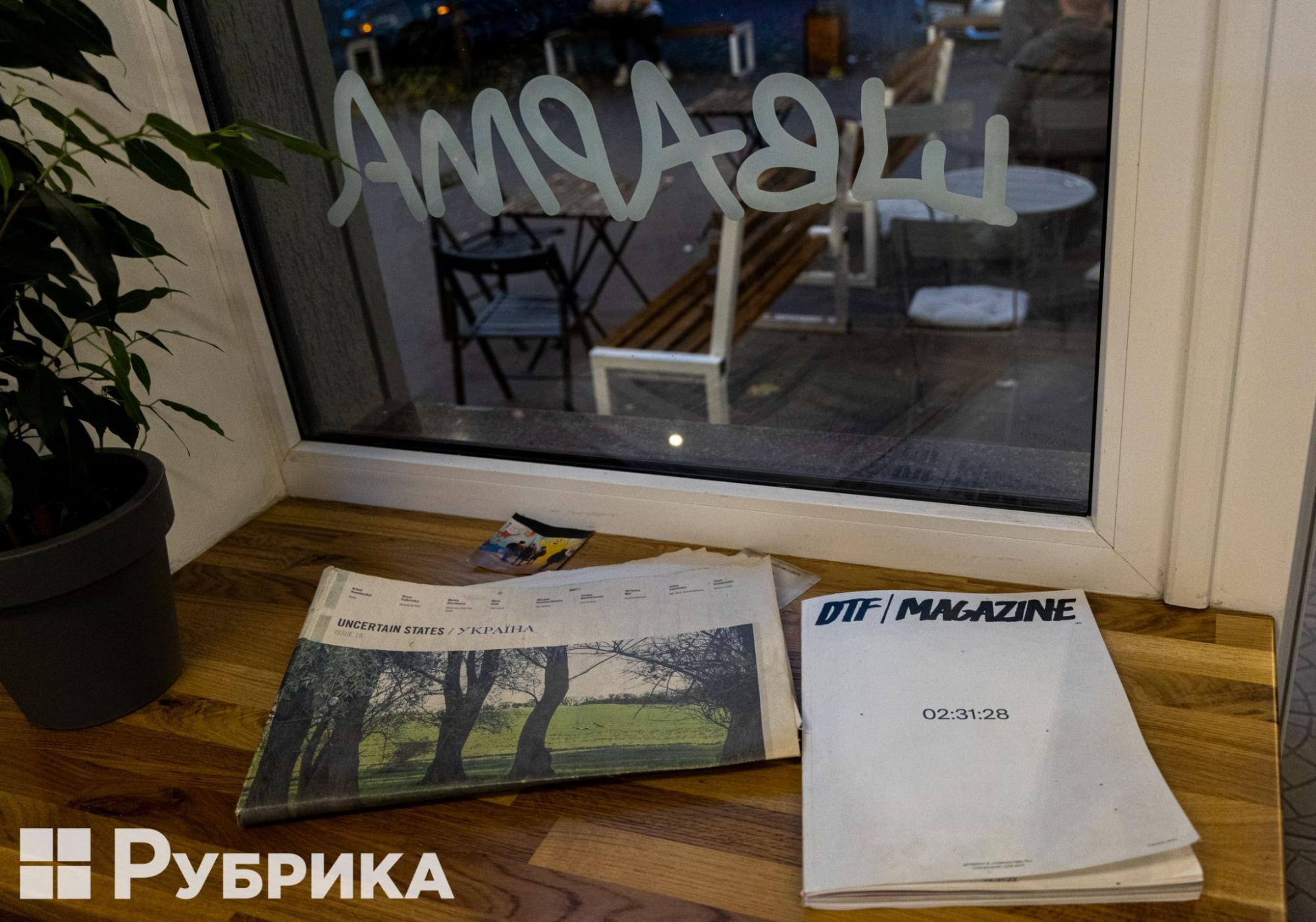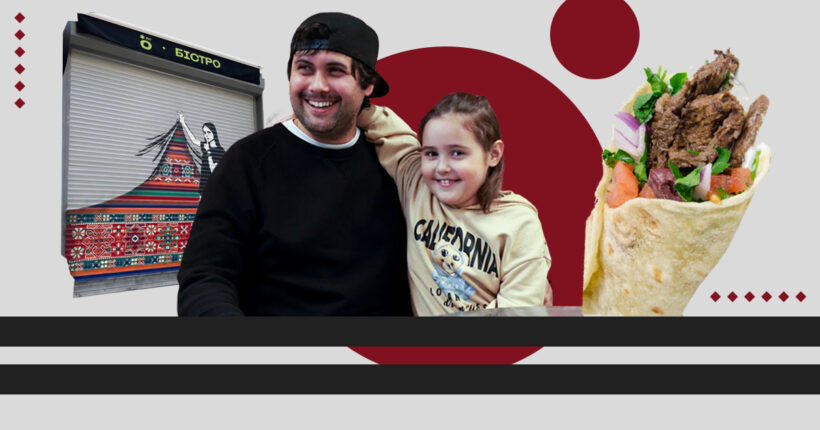
What is the problem?
The Innovation Development Center reported that the implementation of martial law from February 24 to July 31, 2022, led to a significant increase in business closures in Ukraine. Each month during this period, more businesses were shutting down or declaring bankruptcy than new ones opening.
Rubryka previously addressed how the extensive invasion has impacted the businesses of Ukrainian women and how they have bravely worked to rebuild them. In particular, these businesses have been struggling in the towns and villages near the frontlines due to ongoing challenges and risks.
What is the solution?
Luckily, the disappointing figures did not persist in 2023. Currently, Ukrainian enterprises are still actively expanding and strengthening, even amid the war. Despite the challenges, Ukrainian business owners are persevering and finding ways to keep going – whether it's launching a new venture or sustaining an existing one – all while paying taxes and supporting Ukraine's economy during martial law times.
How does it work?
To stay afloat when the ordinary world goes to pieces
If you head to Fanatska Street, formerly known as Dobroliubova Street, from Soborny Avenue in Zaporizhzhia, you'll immediately be hit with the delightful aroma of coffee and shawarma. It's a popular spot for tasty snacks, catching up with friends, or indulging in a solo lunch.
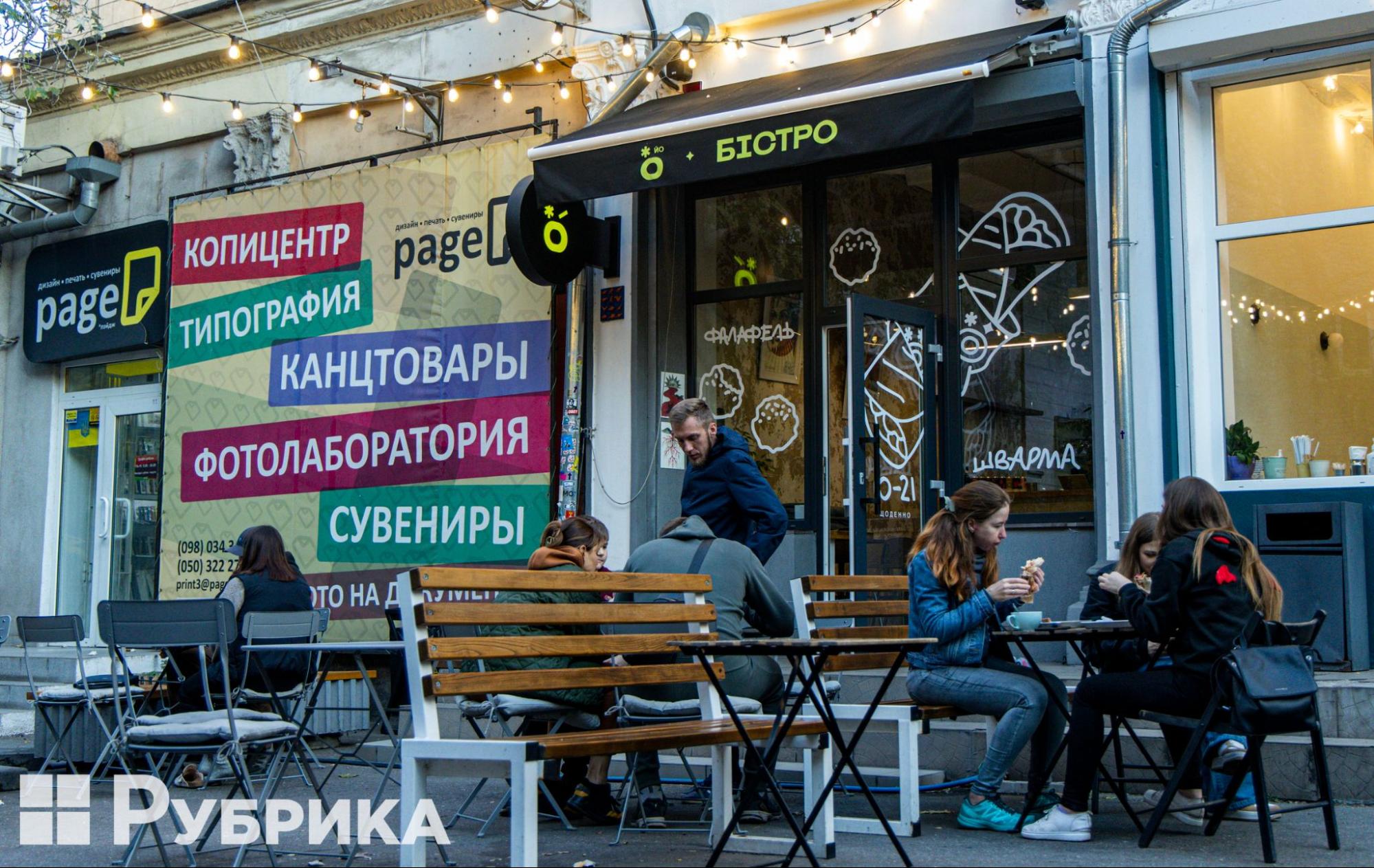
On the terrace of Ö Bistro
The constant buzz of people and the irresistible aroma of delicious food can be attributed to two neighboring establishments: Comeback Coffee and the recently opened Ö Bistro, which has been running since the start of the full-scale war.
"This street used to be in bad shape. Initially, the guys opened a coffee shop and ran it for a long time with just small desserts and coffee. But now, they have expanded into a full workshop, serving delicious breakfasts that I believe are some of the best in the city. When I saw their success, I thought, 'That's awesome, I should open something here too,'" says Ihor Hempel, the establishment's owner.
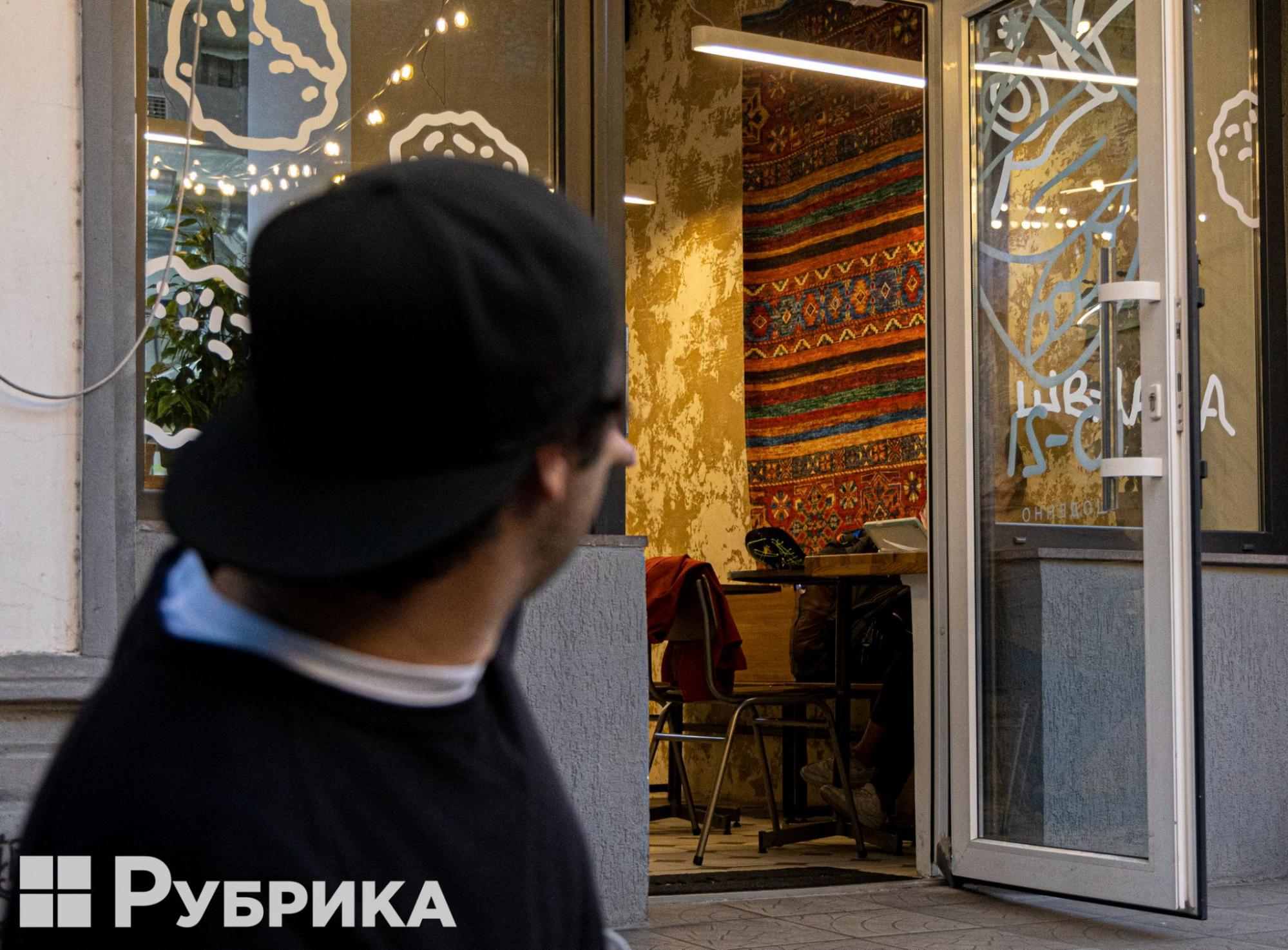
Ihor Hempel discusses his brainchild
Before, Ihor and his team successfully opened two popular establishments in Zaporizhzhia. However, he had a small dream to create something unique related to shawarma or Israeli cuisine. Sadly, the pandemic put his dream on hold until "better times" come.
On February 24, the man, along with millions of Ukrainians, was taken aback. Nevertheless, quick action had to be taken, and plans had to be made for the future.
"On the second day [of the full-scale war – ed.], our group headed over to "California" — it's our Asian restaurant. We served some special guests that we can't mention by name, military personnel. At first, we relied on food donations from volunteers all across the country. Eventually, we officially opened up and operated like any other restaurant, but with the curtains closed just in case something explodes nearby," the owner reminisced.
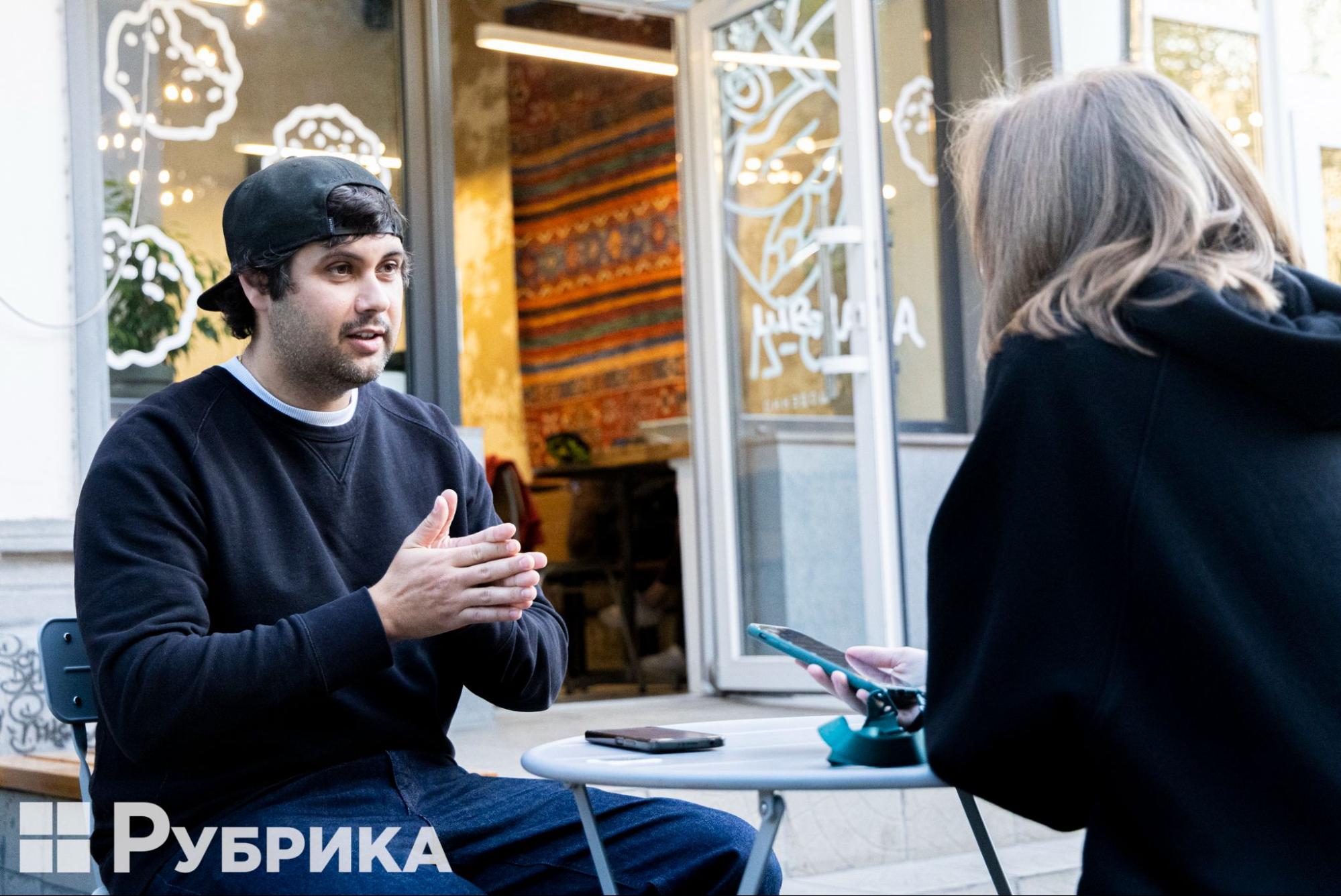
Ihor Hempel
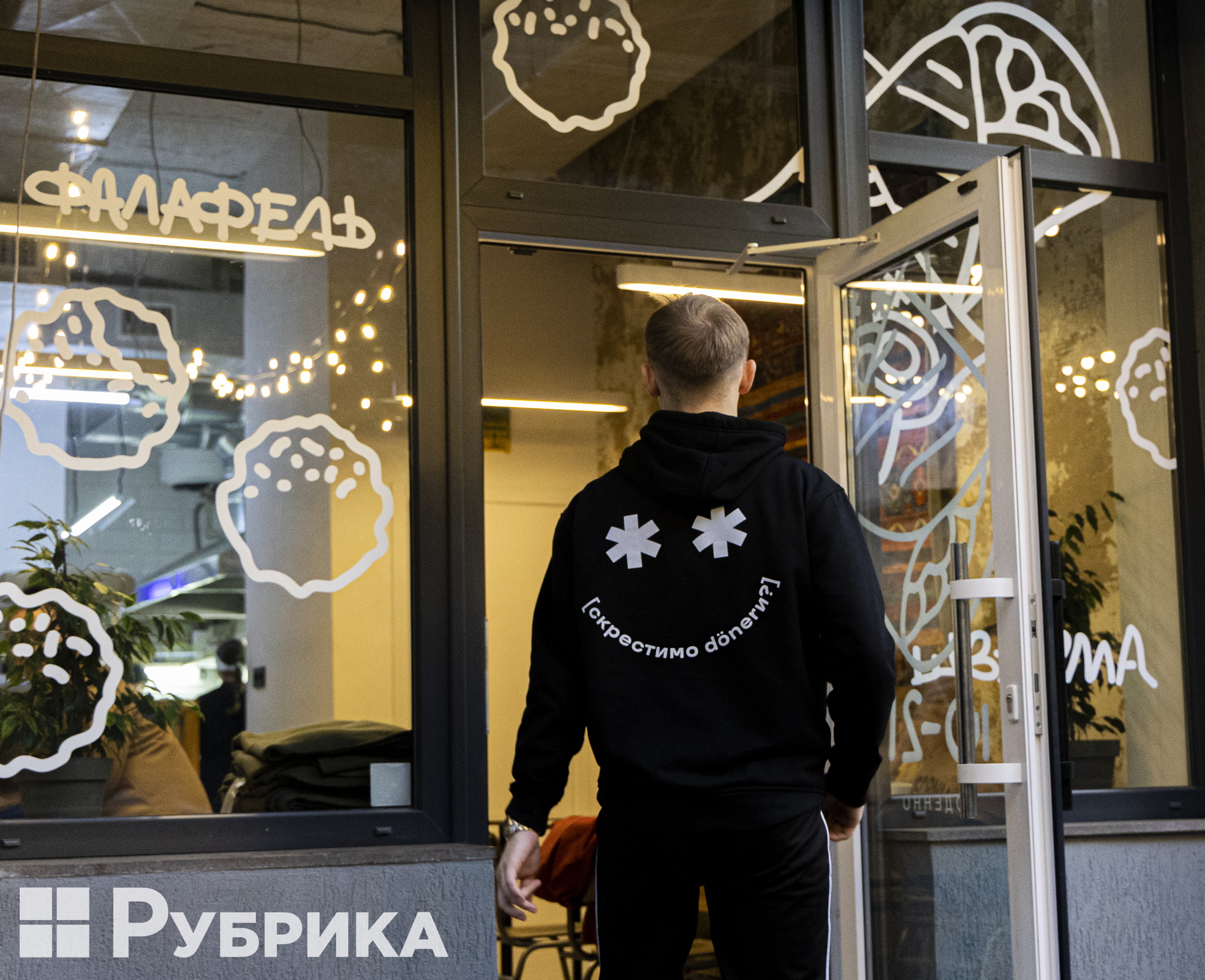
Initially, the employees of the establishments offered their services and provided meals to the military. However, about a month later, they decided to switch up the menu and create a kitchen that offered traditional Ukrainian dishes like borscht and dumplings rather than a trendy steakhouse with American steaks. According to Ihor, this change increased the number of customers, as there was a greater demand for these types of dishes.
The bombardment in Zaporizhzhia grew more intense with each passing day. While the restaurants were unharmed, there was a situation where a shell landed only one hundred meters from the premises, hitting a residential building. This prompted the man to evacuate his family to Kyiv, where conditions were relatively safer then.
"I thought that's it – I'll never return to Zaporizhzhia. We're selling our apartment, and I plan on starting something new here. It was my belief then, and still is now, that whatever you open in Kyiv will surely thrive due to the high demand. It's the opposite in Zaporizhzhia – we may have some options, but the demand is too low, making it more challenging. However, plenty of people are willing to help develop Zaporizhzhia," Ihor says.
However, all business operations and employees remained in Zaporizhzhia, making it challenging to regulate processes remotely.
"It's tougher with the staff – it was mentally difficult for them. When I, the manager, left with my family and they stayed here, the question arose: what are we doing here when our manager has left? And I knew it myself. It's not enough to just be physically present while everything is happening here. Yeah, it's also good for the mental well-being to take a five-minute break and grab coffee with colleagues: "So, was there a hit? Nearby us? Next to us. Oh, let's grab some coffee." I don't know how to complain in this situation. When the military complains, that's understandable, but for us… We run this business thanks to the Armed Forces," reflects the entrepreneur.
Ihor decided to head back home and finally fulfill his long-held dream.
Some Berlin-style aesthetics in Zaporizhzhia
"In general, I took the format of some Berlin bistro: a small but neat place, where food is normally served, clean cooks – almost," the man laughs.
He mentions that Berlin's aesthetic appeal and cultural elements inspired him when pondering the concept of the new institute.
Later, he crossed paths with cultural specialist Lyona Radchenko, who proposed incorporating modern art into his design and creating an urban-style bistro with street art flair. This concept is reflected in the establishment's exterior and interior design.

Stickers are available at the bistro's entrance for guests to stick onto any surface. These stickers are diverse, ranging from the well-known Pepe the Frog meme to reproductions of Banksy's artwork and even company promotional merchandise. Street art takes great pride in using stickers, which originated in America in the 2000s and quickly gained popularity among graffiti and street artists in Europe.
"That's where we put up the sign – made from a fence. We've seen fences like this all our lives; it's just so typical of the Soviet era. But it turns out the design was actually stolen from a Frenchman who had patented it. There's this artist from Dnipro, Zdes Roy, who creates these fences and puts up different jokes about Dnipro. He offered to make so for Zaporizhzhia but asked for some local Zaporizhzhia jokes. And that's how it all started. I remember jokes like "umatovy," which means funny everywhere else in Ukraine, but in Zaporizhzhia, it means bad. So if someone is "umatovo dressed," it means poorly dressed," explains the owner.
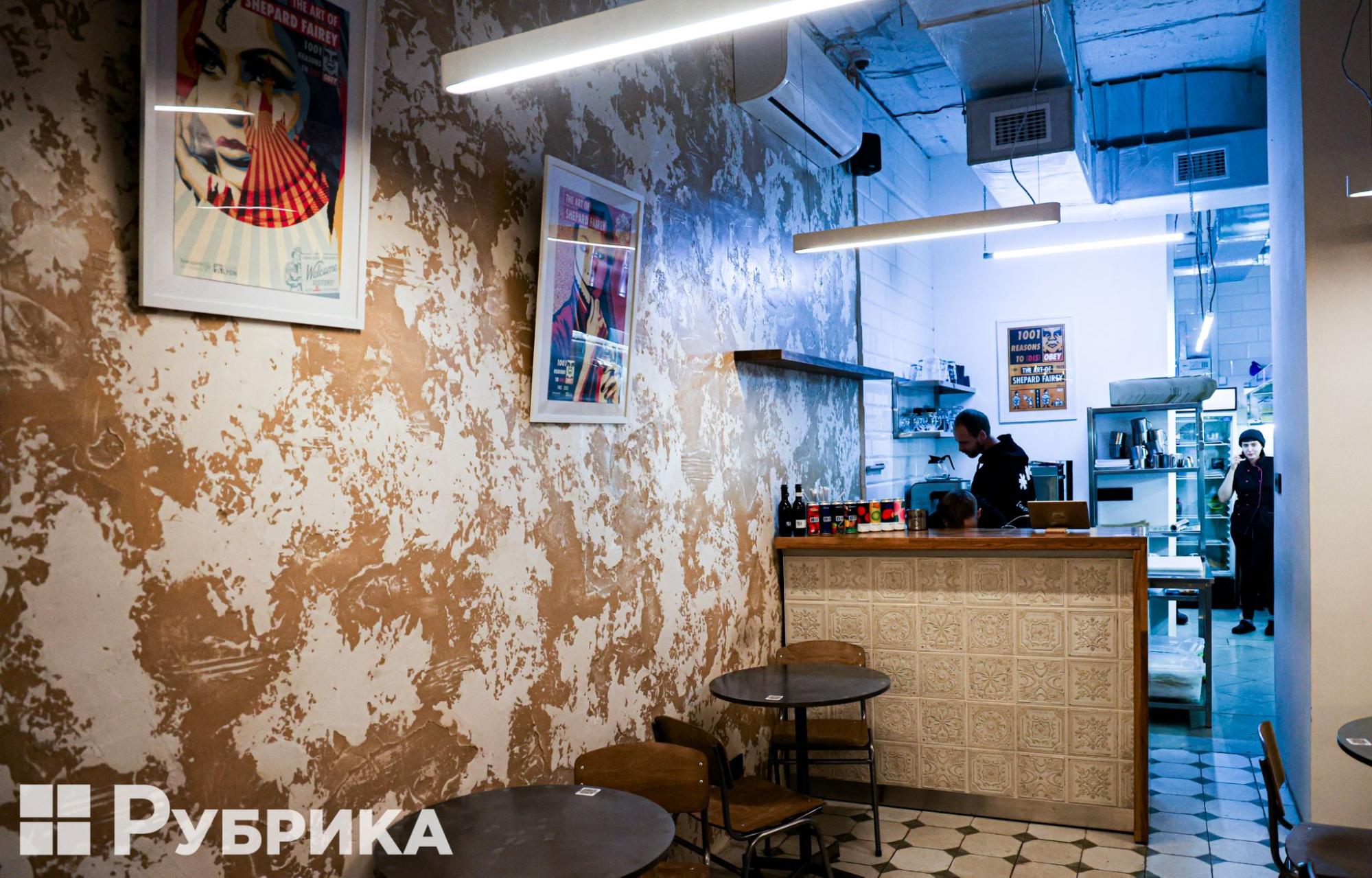
Posters inside the bistro
He then says: "Lyona actually brought the OBEY poster from Marseille. It may seem like a regular poster, but it's sold in museums. We had a girl visit us once; she was a famous photographer from Zaporizhzhia. She exclaimed, 'Oh, I have the same poster!' And I replied, 'Yes, many people do.' But then there was a surprising revelation – the girl on the poster was her! She had modeled for the picture, which was then turned into this iconic style."
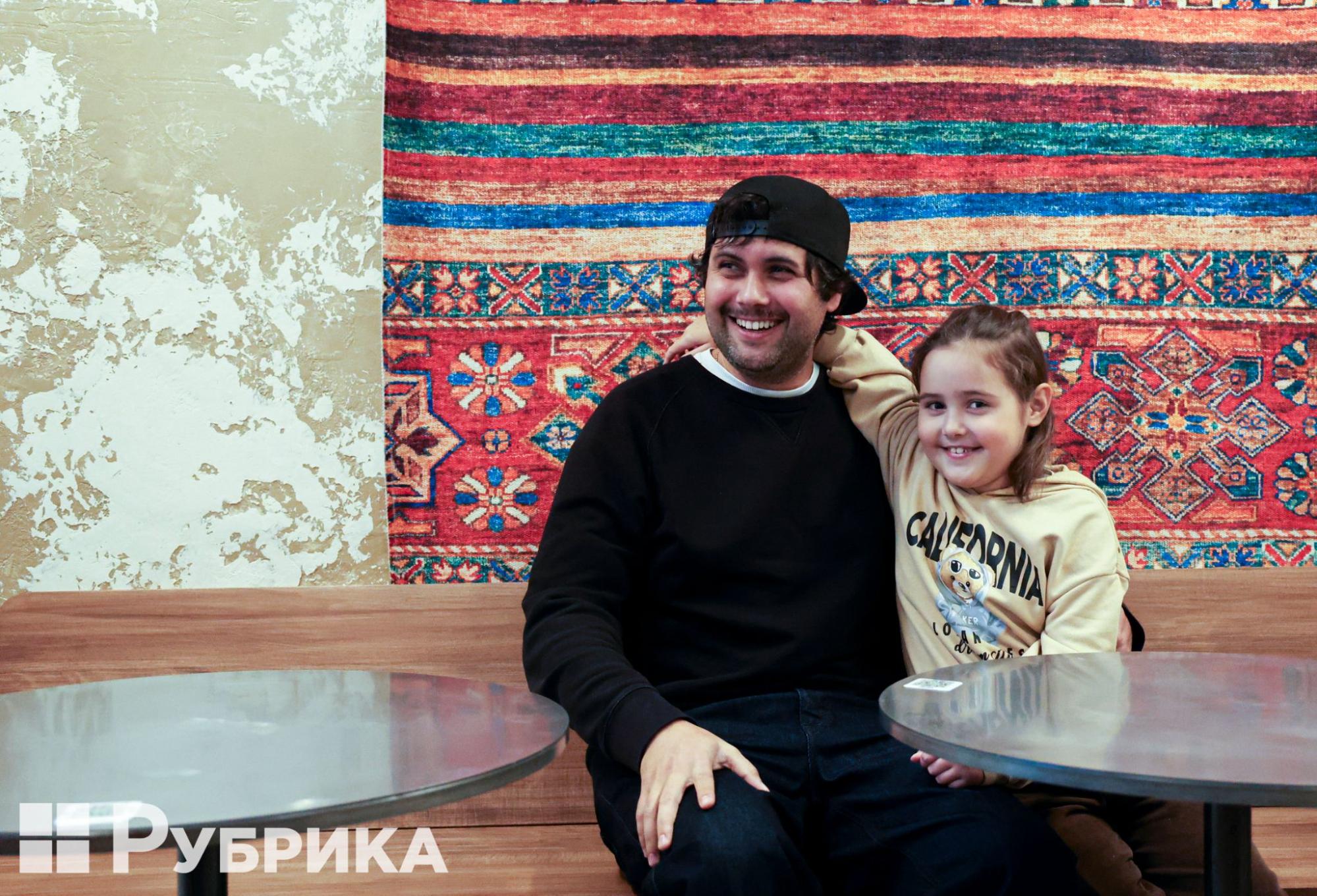
Ihor and his daughter Varia are pictured in the establishment with a colorful carpet in the background
"Basic shop carpet. I was looking for carpets and searched high and low: they cost a million, some of them were Arabic and some others. This one in the store is still available in three different sizes and is in stock. It's pretty basic, but it looks really trendy," Ihor remarks.
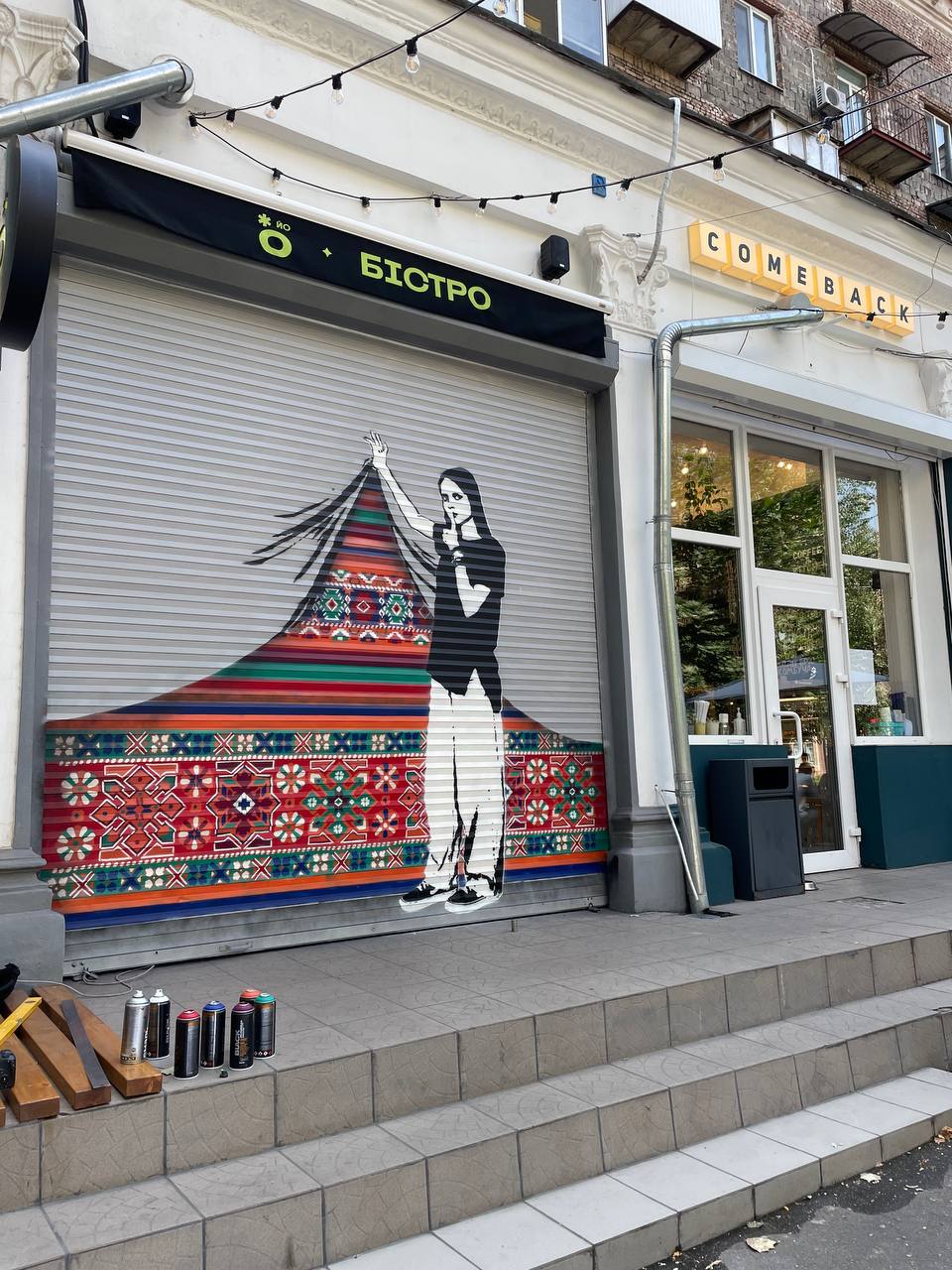
A roller blind created by street artists from Zaporizhzhia for the establishment's decoration
The bistro featured Ukrainian animation. "We set up a screen, put up a poster in just two days, and gave a brief lecture about how the Soviets prevented us from releasing our cartoons and about modern animation. It was such fun to watch all these crazy cartoons. It really allowed us to connect with art," the restaurant owner explains.
The owner collaborated with designer Olia Sirenko to create the logo: "I specifically wanted a Döner cafe with the Ö (ow-umlaut) in the design. Olia presented different options, including a winking emblem, a slinky one, and one that wouldn't be easily mocked. We can even make merchandise with it now."
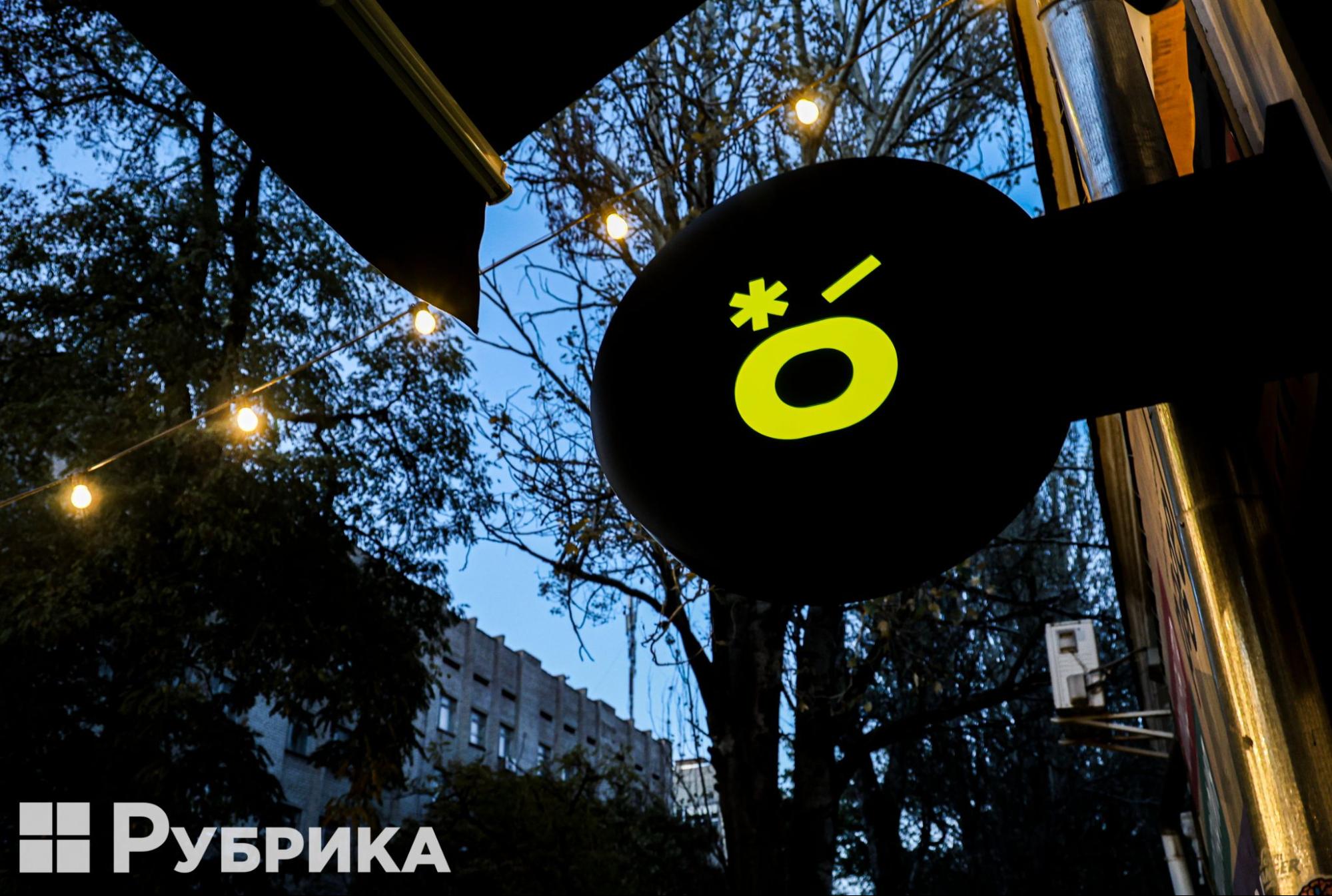
Winking "Ö" on the sign of the bistroÖ Bistro's kitchen was designed by Oleksiy Krakovsky, a local Kyiv chef renowned for his menu at the Ministry of Shawarma.
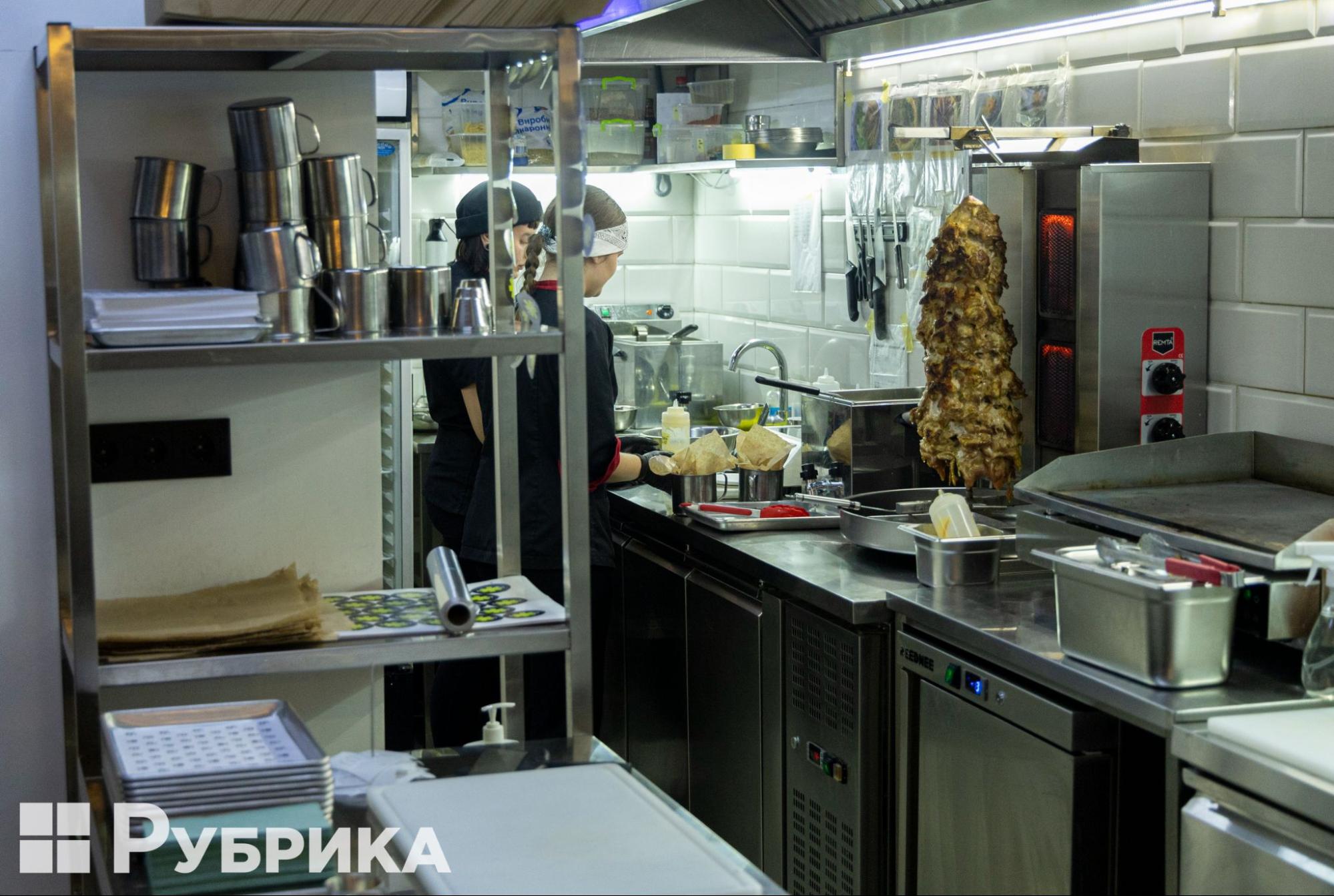
Work process in an open kitchen
Ihor mentions that he and his team have always begun using locally sourced ingredients in every restaurant he has created because it "works wonders." He also offers a tip: carefully assess the demand.
"You know, it's kind of like the same story every time – when you like something, and you're convinced it will be a hit, but then, it never quite works. We encounter this in all of our restaurants, whether we come from Spain or Kyiv, where we had tried a dish there and thought, "Let's bring it back and serve it in our restaurants," but somehow it just doesn't catch on, and no one orders it," Ihor explains.
The man narrates the tale: "We had two desserts – one was the typical school dessert with a layer of mango jelly and a meringue base, while the other was a delicious pistachio cake. Once, a group of fifteen IT specialists came to us:
"We really want to try this mango dessert," they said.
"Come on, try something else instead," we urged them.
"No, we want this one," they insisted.
"It's being defrosted".
"That's okay, we don't mind waiting."
They waited for an hour and a half for this dessert! And it was the top-selling item. Long story short, it's no good if only you enjoy it [any dish – ed.]"
Rubryka asks Ihor if it's been hard to find workers lately. The war has caused around 6.5 million Ukrainians to leave the country, with a significant portion of the population relocating from the eastern regions to the western territories of Ukraine. Zaporizhzhia region alone has lost about 500,000 residents.
"It's not hard to find employees since there is a high turnover rate. Compared to other establishments, the staff here aren't expected to have extensive knowledge because of the fast food industry's nature. Basic skills are necessary, but there is no expectation for personnel to know 150 types of wine or steaks. It's common for trainee waiters to quit on their third day, saying they have too much to learn. This is not just a problem in Zaporizhzhia; I believe it's the same throughout the country. The job of a waiter is often seen as temporary: to work, make some money, and move on."
The restaurant owner also emphasizes the importance of listening to employees, discussing their requests, and meeting their needs, stating, "I believe nobody would want to work if the conditions were unfavorable."
"Simultaneously, it is crucial to maintain a clear distinction between work and leisure and not impose on employees the idea that these two realms can be interchangeable. I disagree with the notion that a team is equivalent to a family because if that were the case, we would not be compensating you for your work. It's like how every standard restaurant guide states that the customer is a guest. There's a joke that goes, "If I'm a guest, then why don't you come and join me, and we can split the bill?" People have their own families; in the workplace, it's simply about treating others with respect. It's a fundamental aspect."

Smiling employees
Profit is the main measurement of success for any business. The large-scale invasion, unfortunately, posed challenges for business owners in carrying out their financial strategies. The restaurateur explains that he and his team have overcome this obstacle and devised a plan to maintain their restaurant business in a city located 45 km away from the frontline.
"Before the war, I believe the benchmark for profitability was 18%. However, at "Bull" [a restaurant co-founded by Ihor – ed.], in the first two months of the full-scale invasion, we were able to achieve a 25% profitability rate by reducing purchases, implementing manual control, reducing expensive wines and drinks, and promoting borscht and dumplings. Our profitability has significantly increased. It is possible to still achieve profitable results even during wartime."
Regarding Ö Bistro, Ihor is just starting to gain momentum. "Before I reached our maximum capacity and created a full menu, I ensured we had an agreement with Oblenergo [ a regional company providing electricity – ed.] for our electricity supply. I also made sure to pay our salaries and bills, but unfortunately, neither I nor the investors saw a profit."
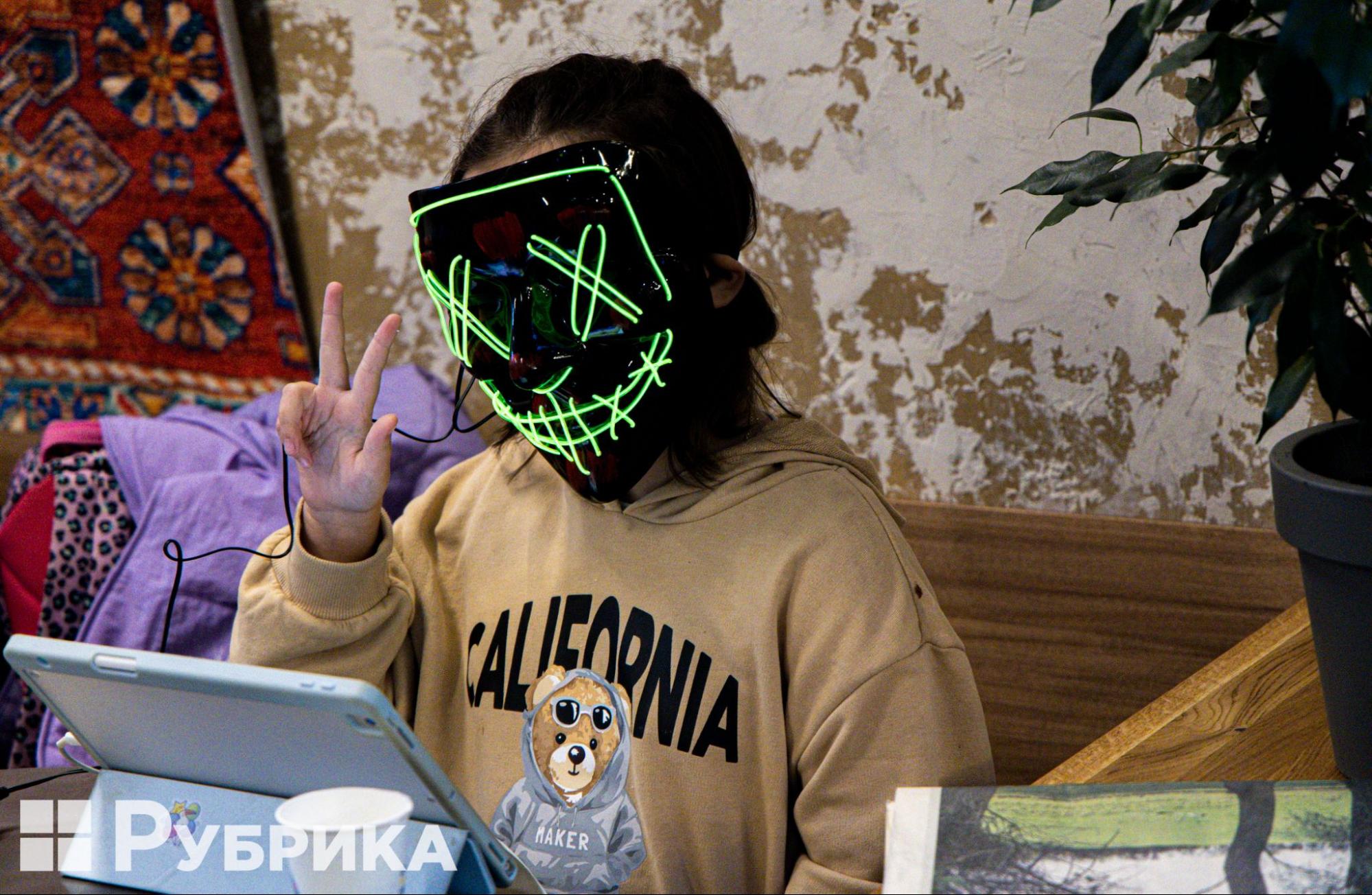
Ihor's daughter Varia, in a neon mask
There are still plenty of people in Zaporizhzhia who are eager to see the city develop. The man also mentions that "we'll need to persuade some folks," naturally, but everything will fall into place with time and steady progress.

Ö Bistro in the evening
Ihor summarizes: "When the topic of the war and what to do next comes up in conversation, everyone I speak to tells me: You've gone crazy, you've invested money, you've opened a business so that everything will be okay. Others are observing, and perhaps they will rent a place, open a business, or buy jeans. There's a connection where someone is holding onto you, and they see that they're not the only fool, but there are two of us. Support your local, which is now being reborn as Support Your Zaporizhzhia. I wouldn't say I was a huge patriot of Zaporizhzhia before, but during these tough times, I've returned here and thought: What an amazing city! Everything will be ok; we can make it happen."


